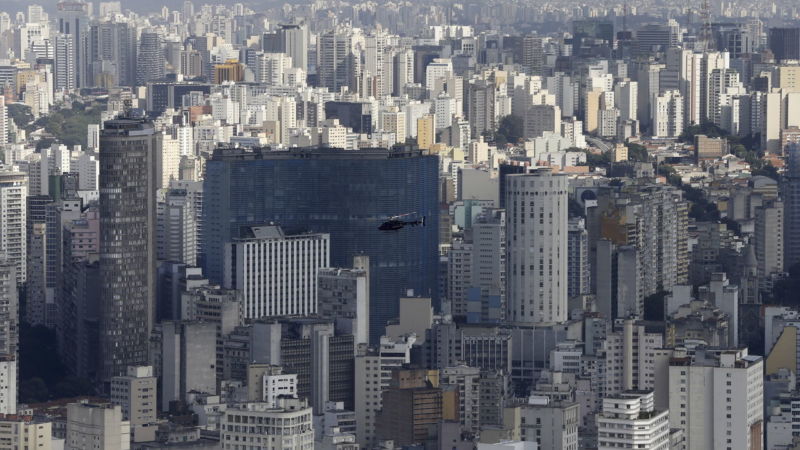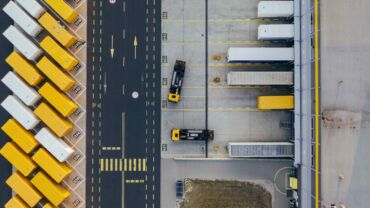Brazil has historically been identified as a protectionist country, with many elements to demonstrate this assertion. For example, when trading with other countries under Free Trade Agreements, Brazil’s exposure to the world’s consumers is only 8%, according to a study by CNI (National Industry Confederation). If compared to Brazil’s neighbors Chile was at 83%, Peru at 74% and Mexico at 57%, leading to an obvious conclusion that there are opportunities to improve trade with other countries.
To further support this assertion is found in a survey conducted by the International Chamber of Commerce (ICC). The analysis concluded that Brazil is one of the most closed countries for Foreign Trade among all the 75 economies evaluated. The Brazilian economy received the 2.44 score in 2017, on a scale ranging from 1 to 6, standing behind only from Bangladesh, Nigeria, Pakistan, Ethiopia, Sudan and Venezuela.
All of this data demonstrates that Brazil is in a current posture that reflects isolation from other countries. With the increase in globalization, Brazil’s unfavorable trade policies do not support economy growth. While Brazil has signed 22 FTAs – most of them are concentrated in South America. In contrast, Chile has 62 FTAs and Peru 52. Colombia has the freedom to trade with over 60 countries because of the country’s active engagement in setting about opportunities globally through negotiations in all existing agreements.
It is noteworthy that all three examples cited have trade agreements with the U.S. and EU, while Brazil is still under negotiation with the EU after many years.
Brazil urgently needs to adhere to the new trade policy by eliminating the need to control global trade through tariffs. This type of position and posture when dealing with the globe has increasingly become an obsolete procedure. In fact, several countries have been strongly moving towards the elimination of tariff barriers and moved toward more rigorous stances to non-tariff barriers, with a focus more upon technical, sanitary and phytosanitary barriers. This is because with the gradual increase in the volume of transnational productions, it has become very difficult to contain the advance of trade between countries and maintain standards. The pressure for cost reduction on production all over the world is forcing companies to spread out their manufacturing processes across countries in order to take the advantage of opportunities in lower labor costs. At the end of the day, the competitiveness passes necessarily through the trade across borders.
With the advent of the TFA (Trade Facilitation Agreement), we will see the elimination of blocks, reduced costs and competitiveness across borders. This will result in consistent development of participating countries and if Brazil relaxes their restrictions and participates in more global FTAs, Brazil will also reap the related benefits.
The WTO projected that by facilitating customs procedures, the advent of the TFA should also help new companies to participate in foreign trade. They estimate that the number of exporters in developing countries can increase by up to 20% when the agreement is fully in force.
Brazil would benefit by preparing to access relevant markets around the world because this will be the most effective way to deal with the strong competition coming from Asian countries; especially China. Otherwise, Brazil will lose opportunities due to the obvious competitive conditions introduced when China aggressively enters the global environment as a key manufacturer and source for raw materials and finished goods.
Brazil will greatly benefit by adopting a new approach about national production. Though local industry should be supported, the people of Brazil are also looking to tap into a supply chain that has a freer and more open flow.
The most diverse methods of trade defense regulations and measures usually adopted by Brazil are no longer making sense, since the global scenario now focuses on promoting more space for mutual recognition systems between countries.
During negotiations of future trade agreements, preference and reciprocity systems should no longer be pursued, as this is not what stimulates global trade, but rather a considerable reduction in the costs that indirectly impact on international transactions for all countries participating in such agreements.
Free trade agreements are important sources of rulemaking and insurance to curb abrupt changes in the trade policies and practices of other countries that may affect Brazilian exports and Brazilian investments abroad. They may also represent an additional factor in the attraction of foreign investments aimed at exporting from Brazil, for that reason, the ideological bias so far adopted by Brazil in its attempts to negotiate new FTAs must be totally reformulated in an adoption of increasingly liberalizing its commercial practices.






